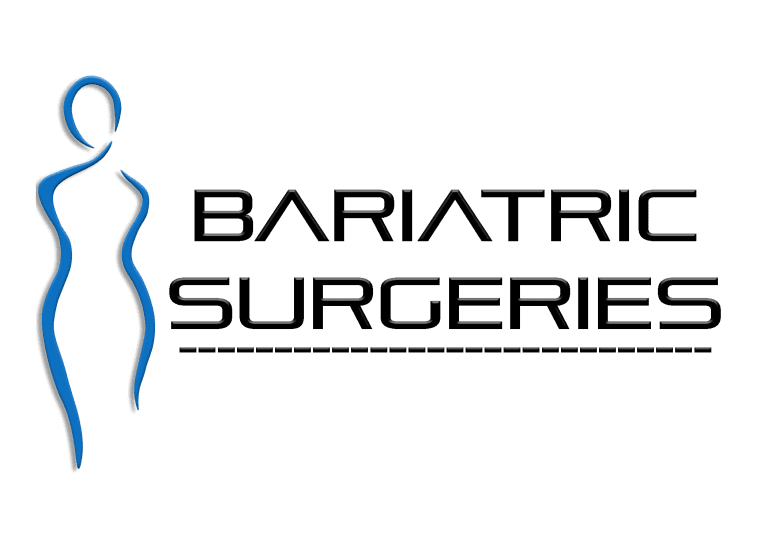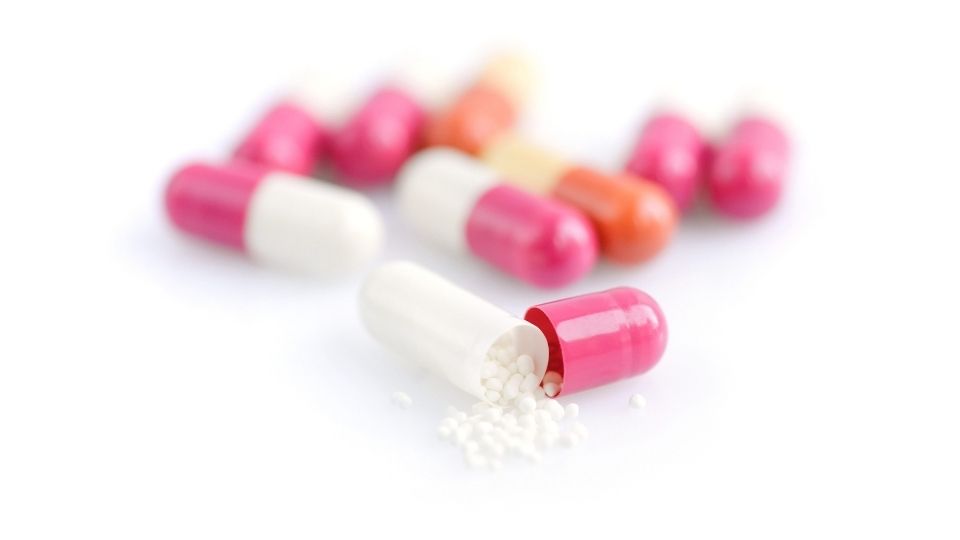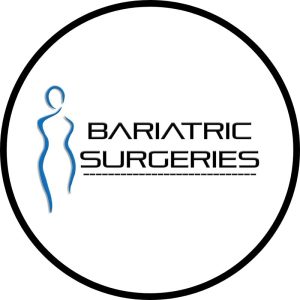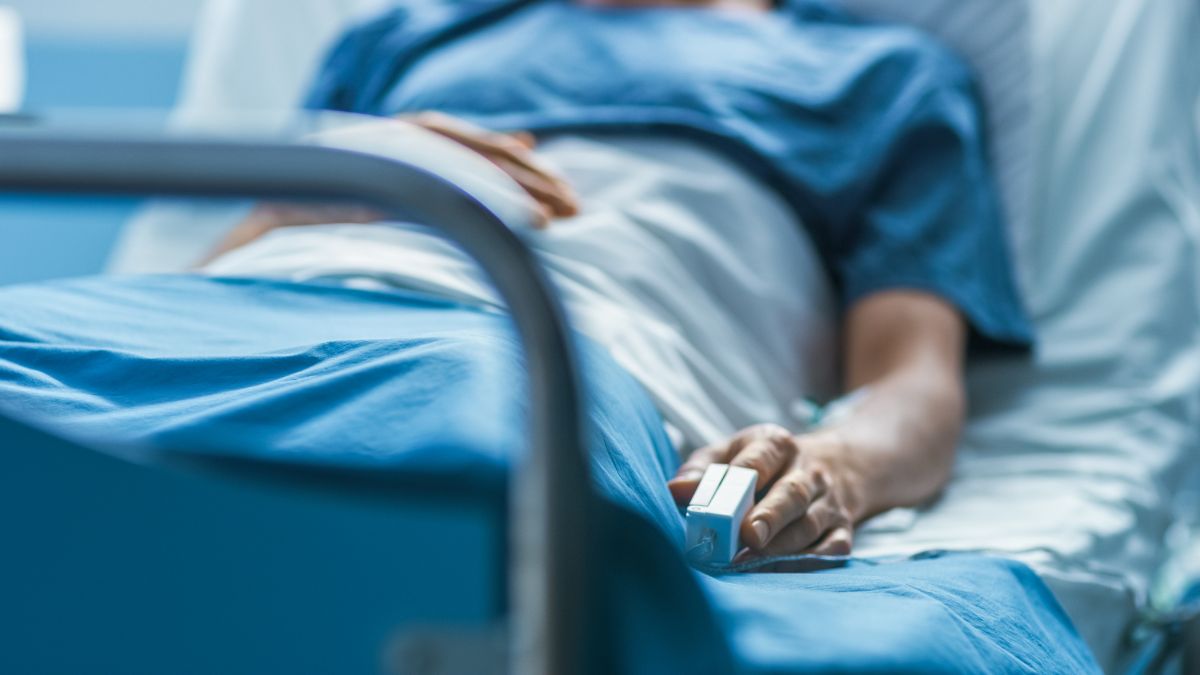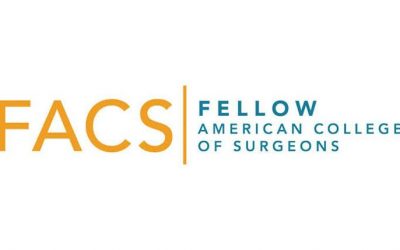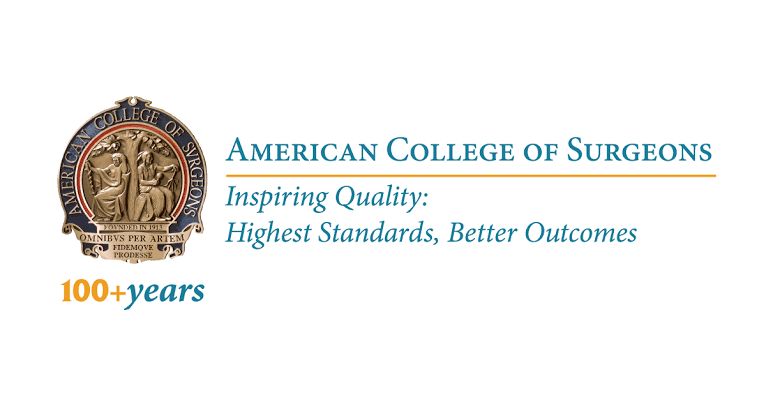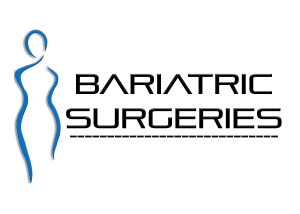Gastric sleeve surgery is usually done to help people lose weight. But it changes their life in many ways, including what medications they can take. Some will be off-limits for a few weeks, and others will need to be limited for the rest of your life. If you are considering gastric sleeve surgery, here is a list of the medications to avoid after gastric sleeve surgery or that need to be used with caution following this type of procedure.
Aspiring and Aspirin Containing Medications
What medications can you not take after gastric sleeve? Do not take aspirin or any medications that contain aspirin for one week following gastric sleeve surgery. Aspirin increases the risk of bleeding excessively after surgery. It also makes you more likely to develop stomach ulcers, which is a major concern after gastric sleeve surgery, not just during the recovery period but for life.
Non-Steroidal Anti-Inflammatory Drugs (NSAIDs)
Avoid non-steroidal anti-inflammatory drugs for one month after surgery to reduce the risk of bleeding excessively. Examples include ibuprofen and naproxen sodium (Aleve). Your surgeon should discuss with you the best pain relief options following surgery. If you are in need of pain medication, be sure to check out our blog: What Pain Medication Can I Take After Gastric Sleeve Surgery?
Medications That Increase Your Risk of Deep Vein Thrombosis (DVT)
What other medications can you not take after gastric sleeve? Some medications increase your risk for developing deep vein thrombosis (DVT), a condition where blood clots form in the veins, usually in the leg. If a clot breaks free and travels to the lungs, it can cause a pulmonary embolism, a life-threatening lung condition.
Do not take medications that increase your risk for DVT after gastric sleeve surgery. Examples include hormone replacement therapy (HRT) and birth control pills containing estrogen or progestin. Always discuss any medication changes with your doctor before taking them post-surgery to make sure they are still safe for you.
Tobacco Products
Smoking not only increases your risk of developing cancer and other health problems, but it also makes you more likely to experience complications following surgery. If you are a smoker, gastric sleeve surgery is not the right weight loss option for you. Quitting smoking is the best thing you can do for your overall health—before and after surgery.
If you are considering a gastric sleeve in Tijuana, be sure to discuss all medications with your doctor before the procedure. Some will need to be stopped for a period of time or not used at all after surgery.
Want to know about life after bariatric surgery? Read: What Happens If You Eat Too Much After Gastric Bypass?
